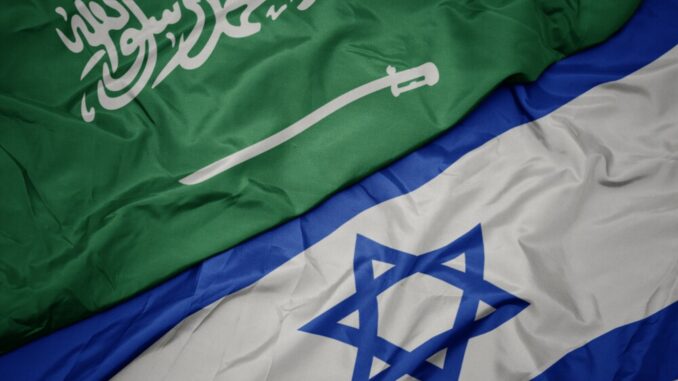
Iran has called for Muslim countries to impose an oil embargo on Israel.
The reality is that the oil market is global, giving Israel plenty of scope to overcome such a measure. However, for such a step — were it to be adopted — to have an impact, it would hinge on the participation of Kazakhstan and Azerbaijan.
Since mid-May Israel imported about 220,000 barrels a day of crude, of which about 60% came from the two majority Muslim nations, data from analytics firm Kpler show. West African producers, primarily Gabon, are other big suppliers.
That said, Israel would have plenty of supply alternatives if there were to be a full-blown embargo by Muslim nations. The US, Israel’s key ally, has been the biggest additional supplier of crude to the global seaborne market this year. Exports from Brazil, which has supplied to Israel over the past several months, are climbing fast too.
A more pressing issue for Israel is securing oil ports and nearby waters so that imports can come in safely. It has three crude import terminals: Ashkelon and Haifa on the Mediterranean and Eilat on the Red Sea.
Ashkelon, the most important of the oil import terminals, handles about 180,000 barrels a day. It is close to Gaza and was closed shortly after Hamas’ Oct. 7 attack on Israel. No crude has been imported via the Red Sea terminal at Eilat since 2020, Kpler’s data show, while flows into Haifa averaged about 40,000 barrels a day.
Middle East producers account for a very small portion of Israel’s crude supplies, and Iran none.
Source: Bloomberg



